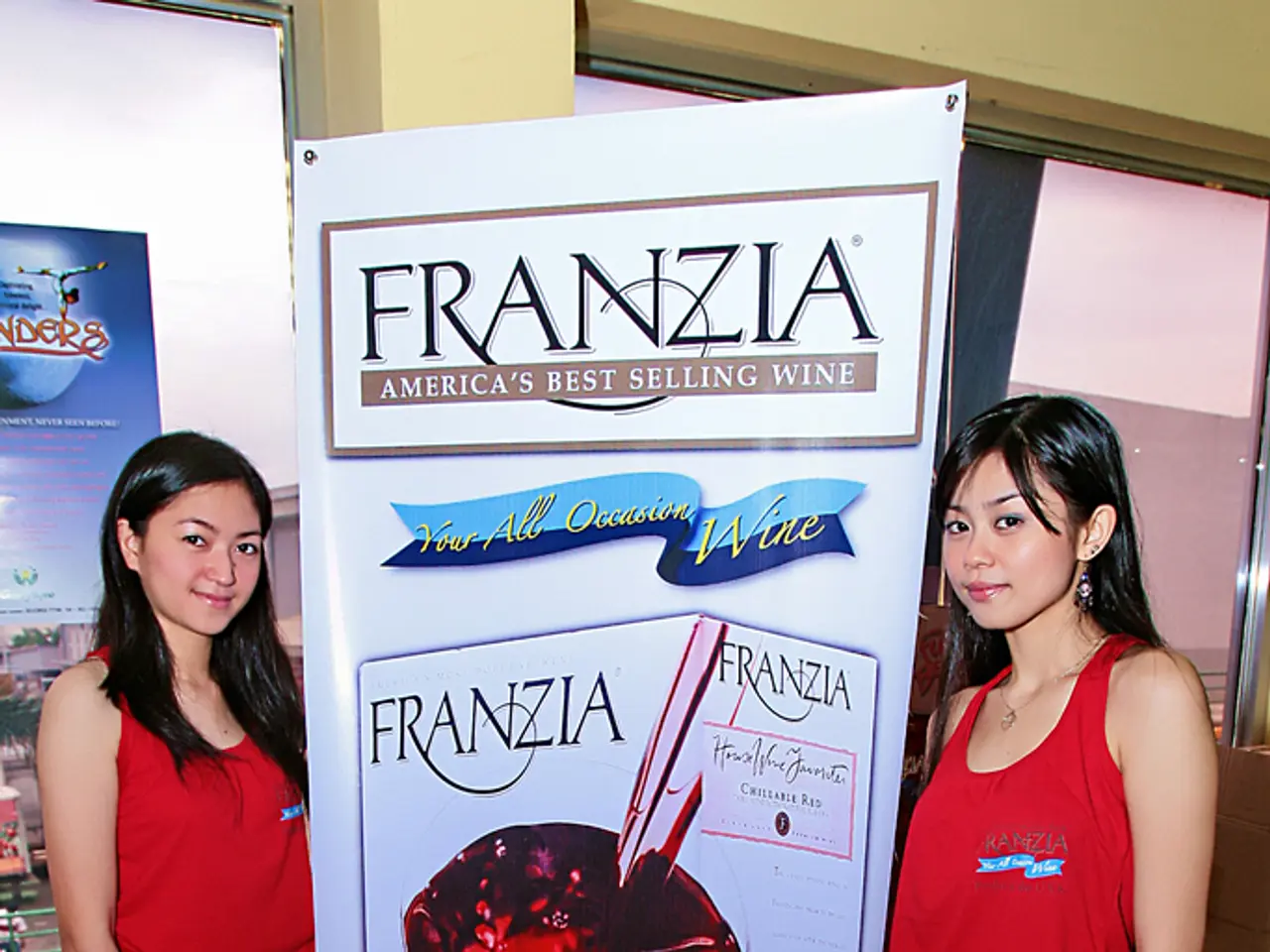Women now dominate the landscape of Bergisch Gladbach
Julie Zanders (1804-1869) led the company Zanders from 1831 to 1836 and again from 1857 until her death, purchasing the Gohrsmühle, which remained the main headquarters until the company's end. Her successor, Maria Zanders (1839-1904), took over the company alone from 1870, initiating its expansion through acquisitions and modernisation. Together with Olga Zanders (1872-1946), they played a significant role in the economy of the Rhineland, but their contributions have been overlooked in the past.
Julie Zanders' achievement was keeping the company afloat and gaining independence at a time when this was neither common nor encouraged for women. Her decisive action secured many people's jobs and livelihoods for many years. Without the three women, there would be neither the Zanders area, which shapes the cityscape, nor the long tradition of the paper city of Bergisch Gladbach.
Maria Zanders' work not only had an entrepreneurial impact but also had a far-reaching cultural influence. She founded Villa Zanders, a place where art, music, and civic engagement came together, which still shapes the Kunstmuseum Villa Zanders today. Olga Zanders managed the company from 1915 to 1929, employing around 1500 people, and ensured the survival of 'Zanders' during World War I and the depression of the 1920s. She also established a wedding grant for employees' children.
The three Bergisch Gladbach entrepreneurs, Julie, Maria, and Olga Zanders, have been honoured with a memorial plaque by the Women's Council NRW e.V. for their significant contributions to the paper manufacturer Zanders over two centuries. The Women's Council NRW's project aims to contribute to equality by correcting the distorted perception that women have not made significant contributions to history.
The 'FrauenOrte NRW' project by the Women's Council NRW e.V. honours 57 women personalities from over ten centuries and all regions of North Rhine-Westphalia at 52 locations by the end of 2025. Bergisch Gladbach now has a FrauenOrt thanks to Dr. Ulrich Soenius (Rheinisch-Westfälisches Wirtschaftsarchiv zu Köln Foundation), who placed the project under the umbrella of the project of the Women's Council NRW.
The project 'FrauenOrte NRW' is funded by the Ministry for Children, Youth, Families, Equality, Flight and Integration of the state of North Rhine-Westphalia and is under the patronage of the Minister for Equality, Josefine Paul. The goal of the project is to make the history of these women visible through information panels. The Women's Council NRW's project aims to contribute to equality by correcting the distorted perception that women have not made significant contributions to history.
The project aims to honour outstanding historical female personalities throughout the state, including the Zanders women, in various fields such as education, politics, art, resistance, science, and church work. The 'FrauenOrte NRW' project was proposed by Dr. Ulrich Soenius, director of the Rheinisch-Westfälisches Wirtschaftsarchiv zu Köln foundation.
The three Zanders women are now part of the FrauenOrte NRW project, which aims to recognise the significant contributions of these women in shaping the history of North Rhine-Westphalia. The project also aims to inspire future generations to strive for equality and recognise the importance of women's contributions to society.
Read also:
- Federal petition from CEI seeking federal intervention against state climate disclosure laws, alleging these laws negatively impact interstate commerce and surpass constitutional boundaries.
- Duty on cotton imported into India remains unchanged, as U.S. tariffs escalate to their most severe levels yet
- Steak 'n Shake CEO's supposed poor leadership criticism sparks retaliation from Cracker Barrel, accusing him of self-interest
- Hydrogen Energy: Sustainable Innovation or Resource Exploitation?




